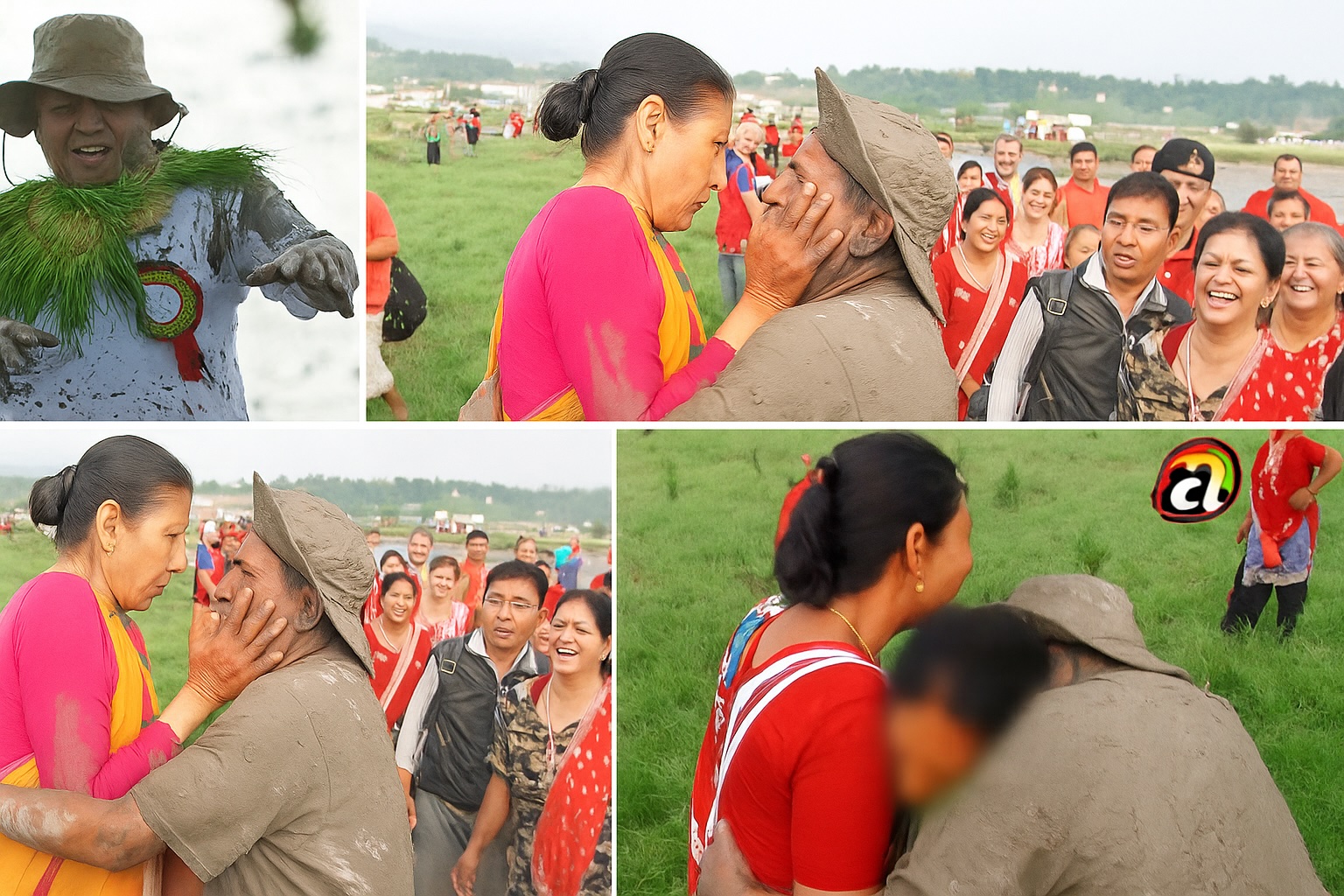The Mud of Paddy Day That Swept Away a Minister's Seat!

Ten Years On: Reflections on the 2015 Paddy Day Controversy Involving Agriculture Minister Hari Prasad Parajuli
KATHMANDU — On July 1, 2015, coinciding with Nepal’s National Paddy Day celebrations, then‑Agricultural Development Minister Hari Prasad Parajuli joined farmers for the traditional rice‑planting ceremony in Mulpani. Rather than enhancing the festive spirit of this significant rural ritual, footage from the event triggered a storm of outrage. In clips widely circulated online and reported by several news outlets, Parajuli appeared to engage in what critics described as “indecent behaviour” toward women participants—an act swiftly condemned as inappropriate and disrespectful.
Within hours, opposition parliamentarians in the Legislative‑Parliament, including Unified CPN‑Maoist’s Janardan Sharma, called Parajuli’s conduct “shameful” and demanded official justification. His actions were labeled “objectionable” by the Nepal Workers’ and Peasants’ Party, with the matter dominating televised coverage and inflaming public debate.
Political pressure mounted quickly. Home Minister Bamdev Gautam, responding to public and party concerns, pressed Parajuli for an explanation. Sources confirm that even CPN‑UML leader K.P. Sharma Oli, under whom Parajuli served before his party shift, urged prompt action. Parajuli publicly dismissed the media reports as a “deliberate character assassination,” asserting that women at the ceremony had refuted allegations of misconduct.
Yet within 48 hours, Parajuli formally resigned from his ministerial post. On July 2, 2015, then‑Prime Minister Sushil Koirala accepted the resignation, citing Article 38(8) of the Interim Constitution—effective recognition that public trust had been breached.
At the time, Parajuli represented the CPN‑UML. The concept of a “Unified Socialist” party would only emerge in 2021, following an ideological split from the UML. Today, Parajuli is affiliated with the CPN (Unified Socialist) . Reflecting on that day, he has maintained that the controversy was stoked by sensationalist media reporting.
A Decade of Lessons
As tomorrow marks the 10th anniversary of that controversial Paddy Day event, Nepalis are revisiting the incident through a fresh lens. The episode underscored the potent influence of social media and broadcast journalism in shaping political accountability—and the rapid pace at which reputations can unravel. It also tested the resilience of Nepal’s political institutions and internal party mechanisms: in a matter of hours, leadership across the ruling coalition aligned to demand clarity from a sitting minister.
For Parajuli, the crash‑landing of his career brought a humbling reckoning: the expectations placed on public figures, especially in culturally sacred settings, can be unforgiving. His exit reinforced a narrative that transcended party lines—that personal conduct, especially by those in power, remains fundamentally under public scrutiny.
Looking ahead, the episode continues to resonate in Nepal’s political psyche. It has served as a marker: a reminder that, even amid rural ceremonies that celebrate agrarian heritage, the interplay of tradition, media influence, and political accountability shapes the national discourse.
